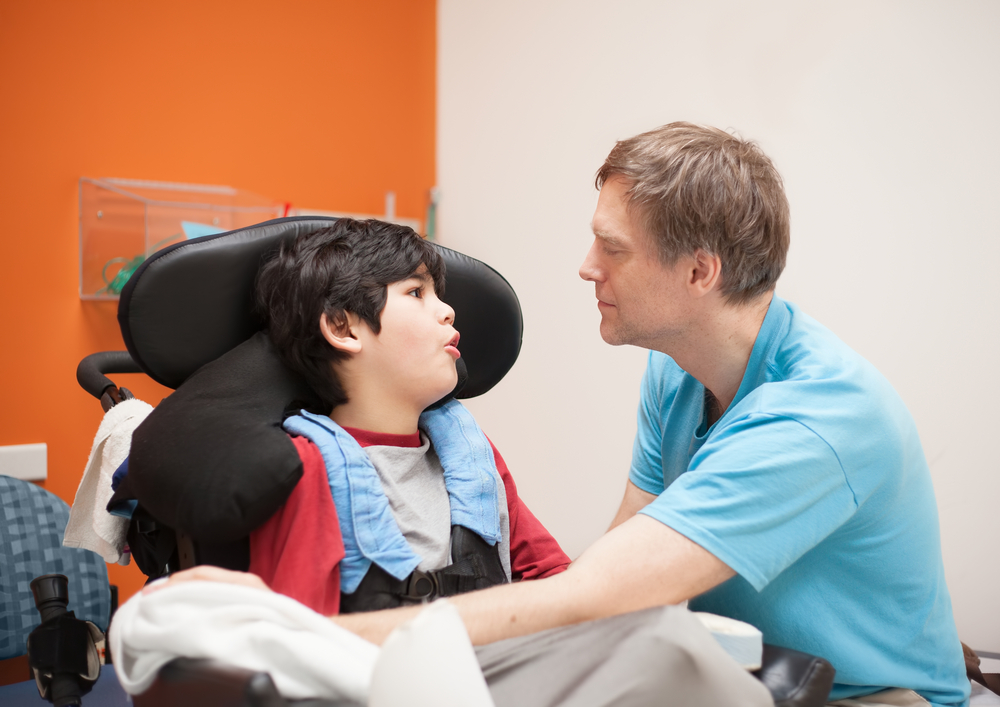Are Cavities and Tooth Decay the Same Thing?
As dental professionals, we know there can be a lot of confusion when it comes to dental terminology. You’ve probably heard us talk about “tooth decay” one minute and then...

For children with an autism spectrum disorder or sensory issues, a visit to the dentist can quickly become overwhelming. There are many new sights, sounds, smells, and sensations for your child to take in. However, making regular visits to the dentist is incredibly essential in building good oral health for all children.
Read on to learn dental health habits for your child with special needs, in addition to tips on preparing for regular dental visits.
Dentists recommend that all children should be actively supervised when brushing their teeth until the age of 7-8 years. Some children need to have parental assistance for a bit longer, all depending on the child. To help your child with special needs become more comfortable in brushing their teeth, or having them cleaned, always consider a gradual approach.
For sensory-seeking children, brushing their teeth may be surprisingly helpful in providing a calming effect. To ensure that all teeth are adequately cleaned, consider the use of a rotating or electric toothbrush that can provide additional stimulation. Sensory-seeking children also enjoy when parents sing a song while brushing, such as “This is the way we brush our teeth” that is set to the tune of “Here we go ‘round the mulberry bush” to provide a distraction while brushing.
For children who are sensory-avoiders, the most significant reluctance may be because of their dislike for the taste of toothpaste. There is a variety of unflavored toothpaste that may be helpful for children when a flavor is a primary objection.
Your child’s brushing routine should be focused on the following steps. Work your way through each step until your child feels comfortable, and don’t be discouraged if you have days with setbacks.
Planning a calm and successful dental visit for a child with autism can be extremely challenging. Preparing your child is the most essential step in having an anxiety-free trip. A gradual approach is beneficial and helpful in alleviating anxiety and promoting familiarity.
Many offices will allow you to schedule a tour in the weeks or days ahead of your actual appointment so your child will feel more comfortable in a semi-familiar setting.
Be sure to discuss your child’s individual needs, concerns, or challenges with the dentist and staff before the appointment so we can help avoid triggers.
A visual schedule, or social story, may be extremely helpful in preparing children for their visit. Practice each step until your child understands and feels comfortable with each part of the process before moving on.
With proper practice and preparation, regular dental visits for children with autism spectrum disorder, sensory issues, or general anxiety can go far better than you may initially think. Dr. Aubrey Baudean DDS welcomes families of autistic children and those with special needs. Call us today to discuss any specific concerns you may have so we can help you in making the dentist an enjoyable experience for you and your child.